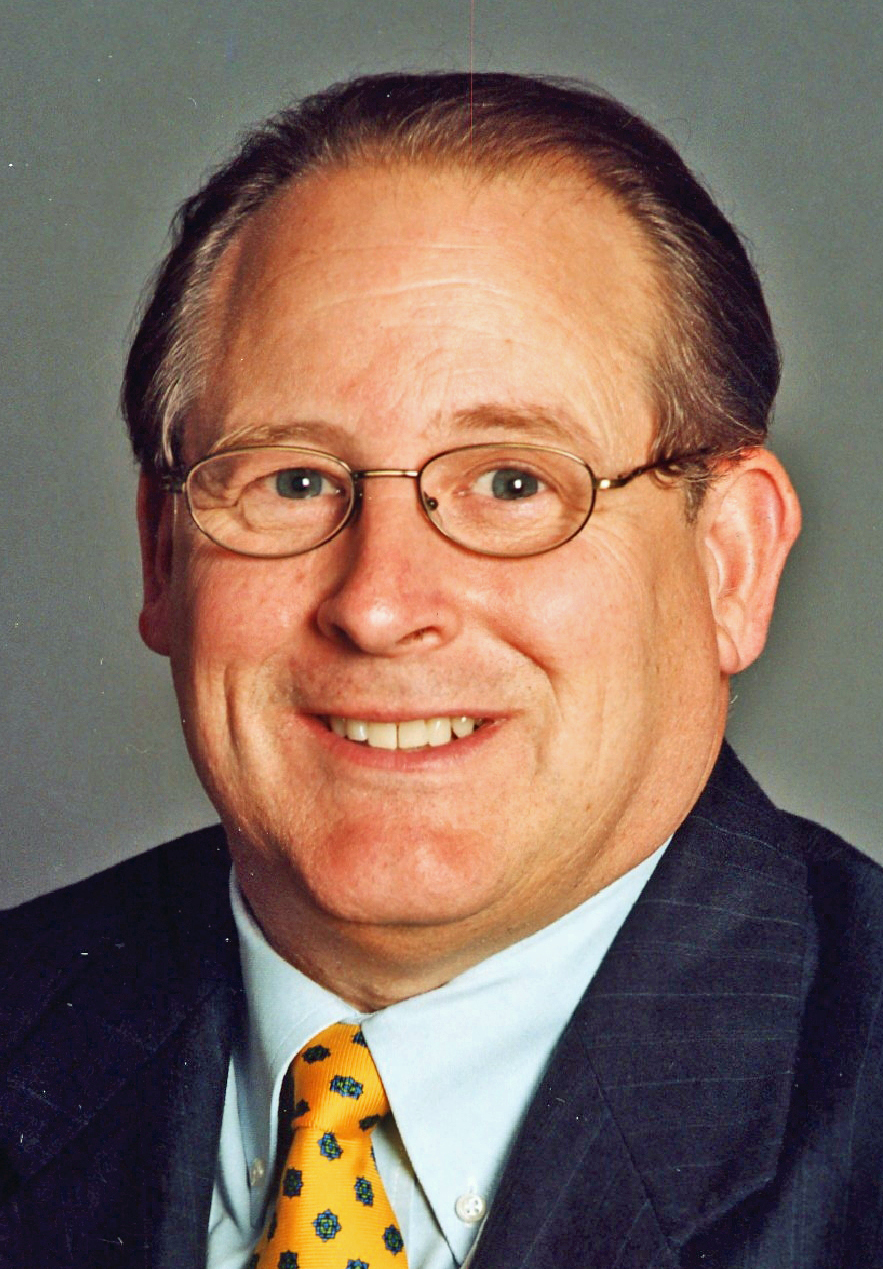 Dick Farkas, Professor of Political Science
Dick Farkas, Professor of Political Science
Most of Dr. Richard Farkas's academic career has been at DePaul, with 2024 marking his 51st year at the institution. Prior to his tenure at DePaul, he spent two years teaching at the State University of New York at Geneseo in upstate New York. He arrived at DePaul in 1974, assuming the role of chairman of the Department of Political Science, which was in its infancy at the time. Armed with a Ph.D. in Government and International Studies, his academic focus lies within the subfield of comparative politics, with a penchant for teaching and writing about international relations and foreign policy.
Dr. Farkas's interest in global engagement emerged early in his career, evident in his role as the original director of Study Abroad at DePaul. Driven by his interests in socialist systems in Eastern and Central Europe, Dr. Farkas initiated a study abroad program in Budapest, Hungary, focusing on socialist systems. Budapest offered an affordable and inclusive experience for students. Its liberal environment enriched students' understanding of political systems and fostered cultural exchange. Despite initial challenges, Dr. Farkas's efforts paved the way for a successful and accessible study abroad program, enriching students' educational experiences.
Dr. Farkas's involvement in Global Learning Experiences (GLEs) spans a significant period, notably starting with Political Science 353, which has become the longest-running GLE in the past ten years. The program's unique approach now involves five universities across five countries, presenting a complex yet enriching educational framework. Dr. Farkas's GLEs foster amazing cross-cultural understanding and empathy. Participants hail from regions marked by historical conflicts and challenges, such as Croatia, Georgia, Ukraine, and South Africa. Their shared experiences and discussions provide valuable insights into the complexities of building and sustaining democratic systems. The one that was run in 2024 was especially impactful considering it is the year the most extraordinary year in human history for elections. In 2024, 78 countries and more than 4 billion people will go to the polls in various countries to vote. Participants hailing from all religions, countries, and backgrounds were able to share experiences and discuss valuable insights into the complexities of building and sustaining democratic systems.
Beyond GLE, Dr. Farkas has actively participated in 6 Global Conversations, facilitating connections between DePaul and international institutions. According to Dr. Farkas, the primary advantage of global conversations is “...introducing DePaul to many other places and many other people and large numbers of students.” In addition, these conversations “...invite new faculty to use their ingenuity and their creativity to get involved” in dialogue outside of the institution.
In recognition of his dedication to international education and innovation, Dr. Farkas was honored with the 2023 Thomas and Carol Dammrich Faculty Innovation Award which was his second time receiving it, the first being in 2002. One of the ways in which he has used the award is to fund the publication of the GLE students’ essays which provides valuable student recognition. Being published in an American book enhances students’ visibility in the international academic community, serving as a prestigious credential. The possibility of being published draws talented students into the program, further enriching its diversity and academic caliber.
In addition to his work at DePaul, Dr. Farkas has lectured at Durban University of Technology in South Africa and participated in webinars addressing cyber technology and governance. Moreover, he has served as a Fulbright senior specialist in Ukraine, focusing on curriculum development and anti-corruption initiatives, further solidifying his commitment to global education and collaboration.
Reflecting on his illustrious career spanning over five decades, Dr. Farkas emphasizes the importance of staying engaged and adaptive in an ever-evolving global landscape. His dedication to fostering personal connections and advancing international education continues to leave a lasting impact on DePaul University and the broader academic community.